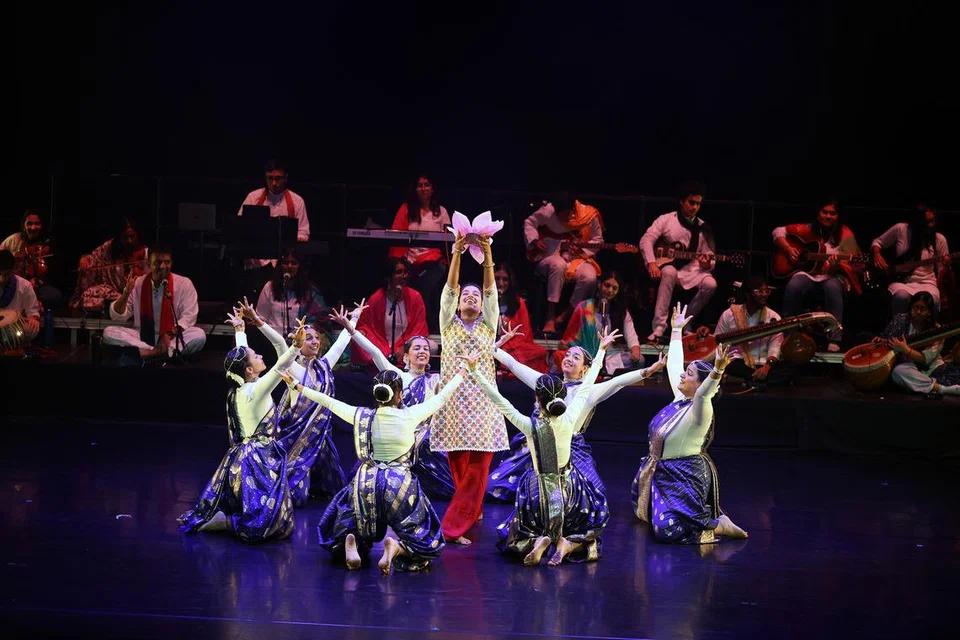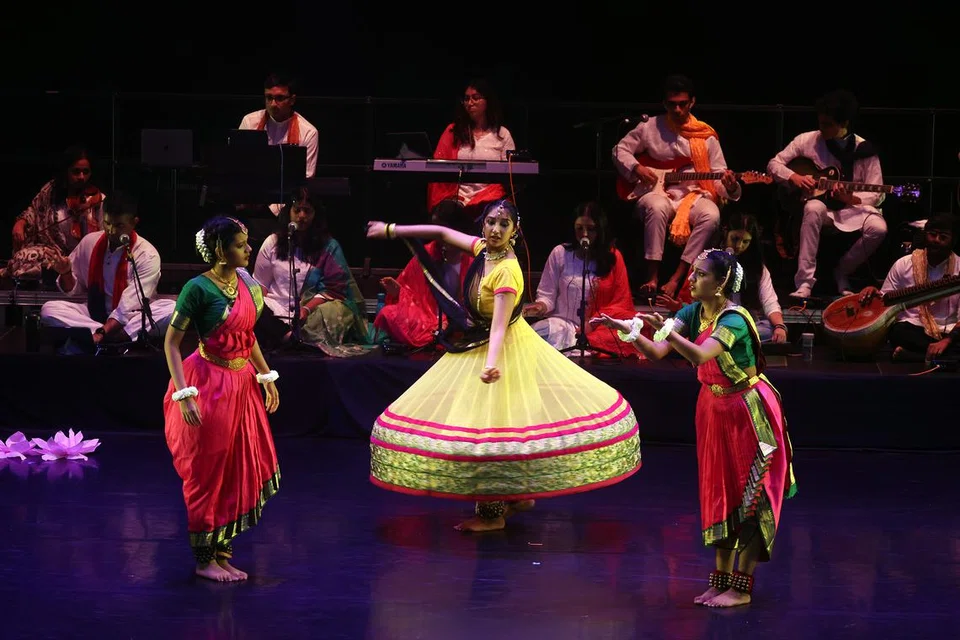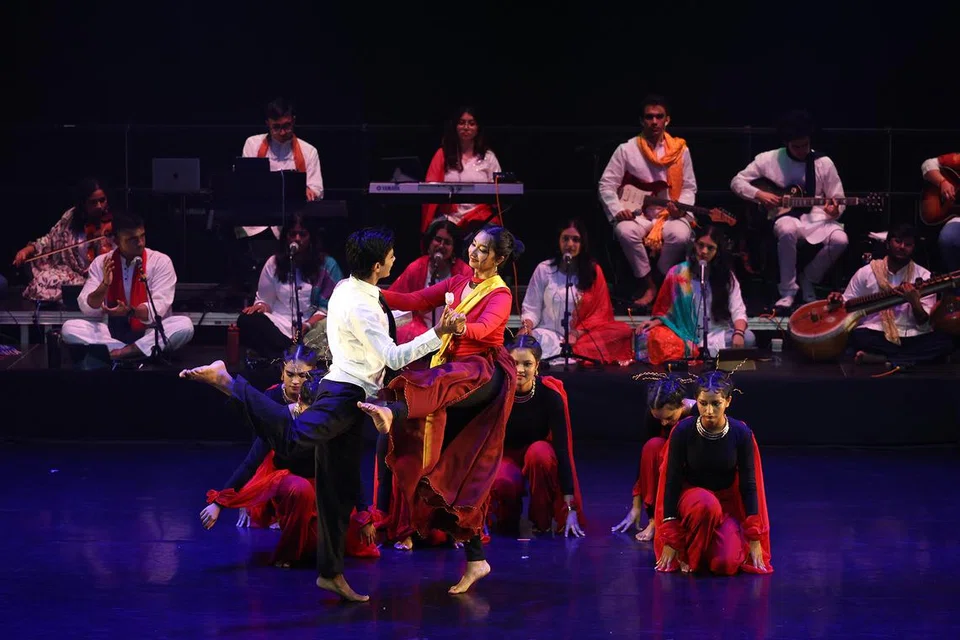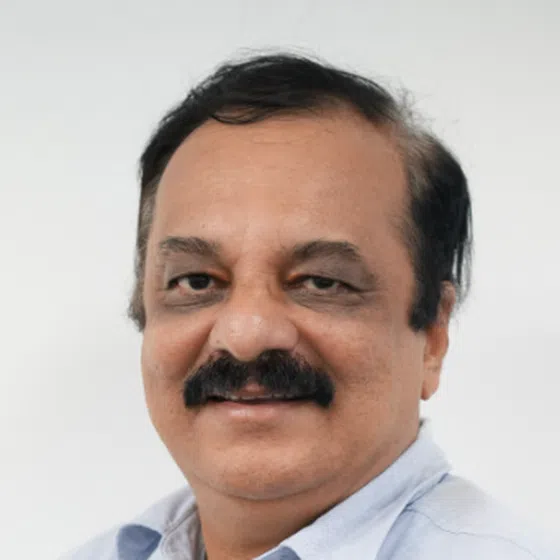In a world where connections often begin and end on screens, Milan, a 90-minute original musical staged at the NUS University Cultural Centre on July 26, offered a refreshing and deeply introspective take on what it truly means to be connected.
Conceptualised, produced and performed entirely by members of the Chinmaya Seva Centre’s youth wing, the musical wove together Indian cultural values, soul-stirring music and powerful storytelling to explore themes of identity, validation and inner peace.
Staged by Chinmaya Yuva Kendra Singapore – the youth arm of the global Chinmaya Mission – Milan was presented as part of celebrations marking the movement’s 50th anniversary.
The project involved over 50 young adults aged between 18 and 30, none of whom had previous experience producing a play.
Under the guidance of their resident spiritual mentor, Swami Avyayananda, and with the support of the broader Chinmaya Seva community, the group embarked on a months-long journey to create a show that would resonate with young audiences navigating modern struggles like fleeting relationships, superficial friendships, identity crises and mental health challenges.
At the heart of the musical was the story of Jyoti – a young woman searching for meaning and self-worth in a world of superficial interactions. Her painful yet illuminating journey formed the backbone of Milan.

The narrative followed Jyoti as she drifted from one group of friends to another, yearning for validation and genuine connection. Disillusioned by the hollowness around her, she meets a mysterious mentor who introduces her to the metaphorical “Playlist of Life”.
Through this journey, she begins to truly see the people she previously overlooked – learning, reflecting and ultimately discovering that real connection begins within.
Music was the beating heart of Milan. With a live ensemble of over 25 musicians – including vocalists, tabla players, sitarists, guitarists, keyboardists, and even a mandolinist – the musical’s soundtrack was a rich blend of traditional Indian and contemporary global sounds.
From the soulful strains of the sitar to the deep resonance of the tabla and the emotive vocals, the music served not just as accompaniment, but as a vital storyteller.
Complementing the music were 15 classically trained dancers who used choreography to mirror Jyoti’s internal turmoil. The dances fused Bharatanatyam, Odissi and Kathak with modern and hip-hop movements, creating visually stunning tableaux that illustrated complex emotions like jealousy, fear and joy.

The costume design further elevated the storytelling – black and red outfits represented inner chaos, capes and white masks depicted illusion and ego, while flowing pastel dresses symbolised freedom and self-realisation.
Despite the grandeur of music and visuals, Milan never lost sight of its message. The actors, particularly the leads playing Jyoti and the gentle narrator guiding her introspection, delivered moving performances.
The supporting cast – especially the character of a loyal gardener who stands by Jyoti in her darkest hour – added warmth and authenticity.
In its final act, Jyoti learns to relinquish ego and recognise grace – both within herself and in the kindness of others.
Her name, meaning “light” in Sanskrit, becomes literal as she transforms into a beacon of hope and self-awareness for those around her. The closing scene, filled with light and harmony, brought the story full circle in a moving visual crescendo.
In creating Milan, the youth of Chinmaya Seva Centre, Singapore, accomplished more than just a musical. They delivered a heartfelt message for their generation: that connection is more than likes and follows – it is about awareness, inner peace and the courage to look beyond the surface.
As one attendee put it, Milan was “a Broadway-style spectacle with a soul”.


